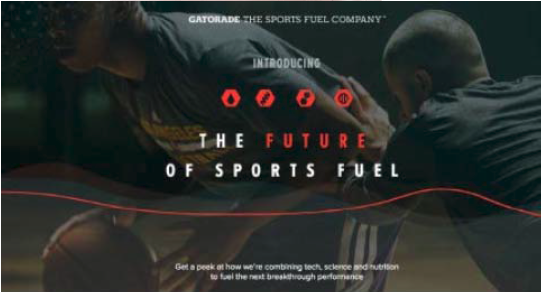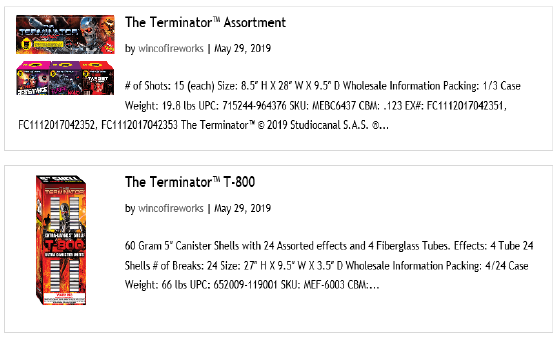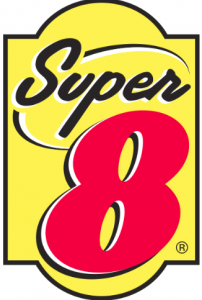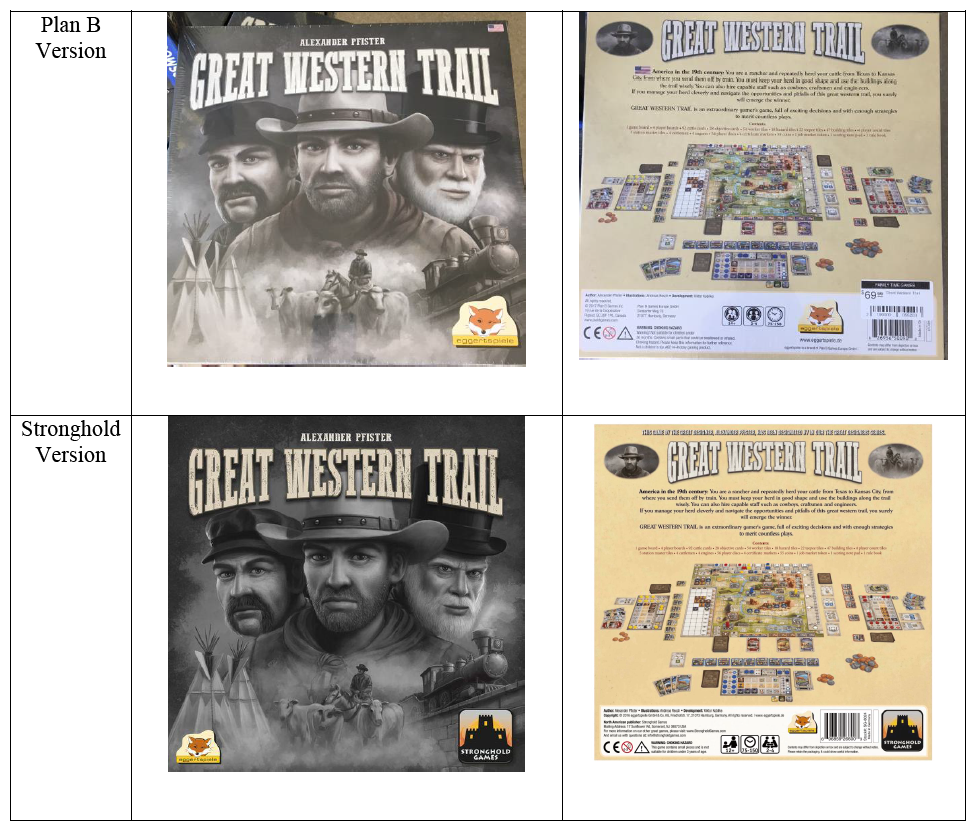 Indianapolis, Indiana – Attorneys for Plaintiff, Fanimation, Inc. of Zionsville, Indiana, filed suit in the Southern District of Indiana alleging that Defendant, Décor Selections, LLC d/b/a Lighting Merchant (“Lighting Merchant”) of Ocean, New Jersey, infringed its rights in United States Trademark Registration No. 2,318,516 for FANIMATION (the “Registered Mark”). Fanimation is seeking injunctive relief, judgment including statutory damages, and attorneys’ fees.
Indianapolis, Indiana – Attorneys for Plaintiff, Fanimation, Inc. of Zionsville, Indiana, filed suit in the Southern District of Indiana alleging that Defendant, Décor Selections, LLC d/b/a Lighting Merchant (“Lighting Merchant”) of Ocean, New Jersey, infringed its rights in United States Trademark Registration No. 2,318,516 for FANIMATION (the “Registered Mark”). Fanimation is seeking injunctive relief, judgment including statutory damages, and attorneys’ fees.
Fanimation claims it owns the Registered Mark for “electric wall mounted fans, electric free-standing floor pedestal fans and electric ceiling fans for non-industrial use.” Further, Fanimation alleges it has been using the Registered Mark, FANIMATION, since at least 1984 and because it has filed all proper paperwork and the Registered Mark has been registered more than five years, the Registered Mark is now “incontestable” pursuant to 15 U.S.C. §1065. According to the complaint, Fanimation sells its fans in a variety of ways through direct sales via its website or showrooms, or through Authorized Dealers. Authorized Dealers have entered into a written Authorized Dealer Agreement (“ADA”) to sell Fanimation fans through specially trained staff. Fanimation claims “original buyers” of its fans from direct sales or those through an Authorized Dealer receive a warranty that is redeemable with proof of purchase, purchase order, or invoice number.
Per the complaint, Fanimation claims Lighting Merchant is and has been selling fans bearing the Registered Mark on its website without authorized use via an ADA. Fanimation claims that Lighting Merchant’s lack of warranty and failure to specially train staff on Fanimation’s products make “the fans sold by Lighting Merchant materially different from the genuine FANIMATION® fans offered by Fanimation and its Authorized Dealers.” Fanimation believes consumers are likely to be confused when purchasing fans from Lighting Merchant as to the source and quality of the fans.
Fanimation allegedly sent a cease and desist letter to Lighting Merchant on or about January 19, 2019. Fanimation believes Lighting Merchant purchases fans from Authorized Dealer(s) and then sells them second-hand. These acts, if true, would breach at least one of the terms of the ADA signed by the Authorized Dealer(s) selling to Lighting Merchant. As such, Fanimation is seeking injunctive relief and seeking damages for trademark infringement, false designation of origin, dilution, unfair competition, and unjust enrichment.
 Indiana Intellectual Property Law News
Indiana Intellectual Property Law News











